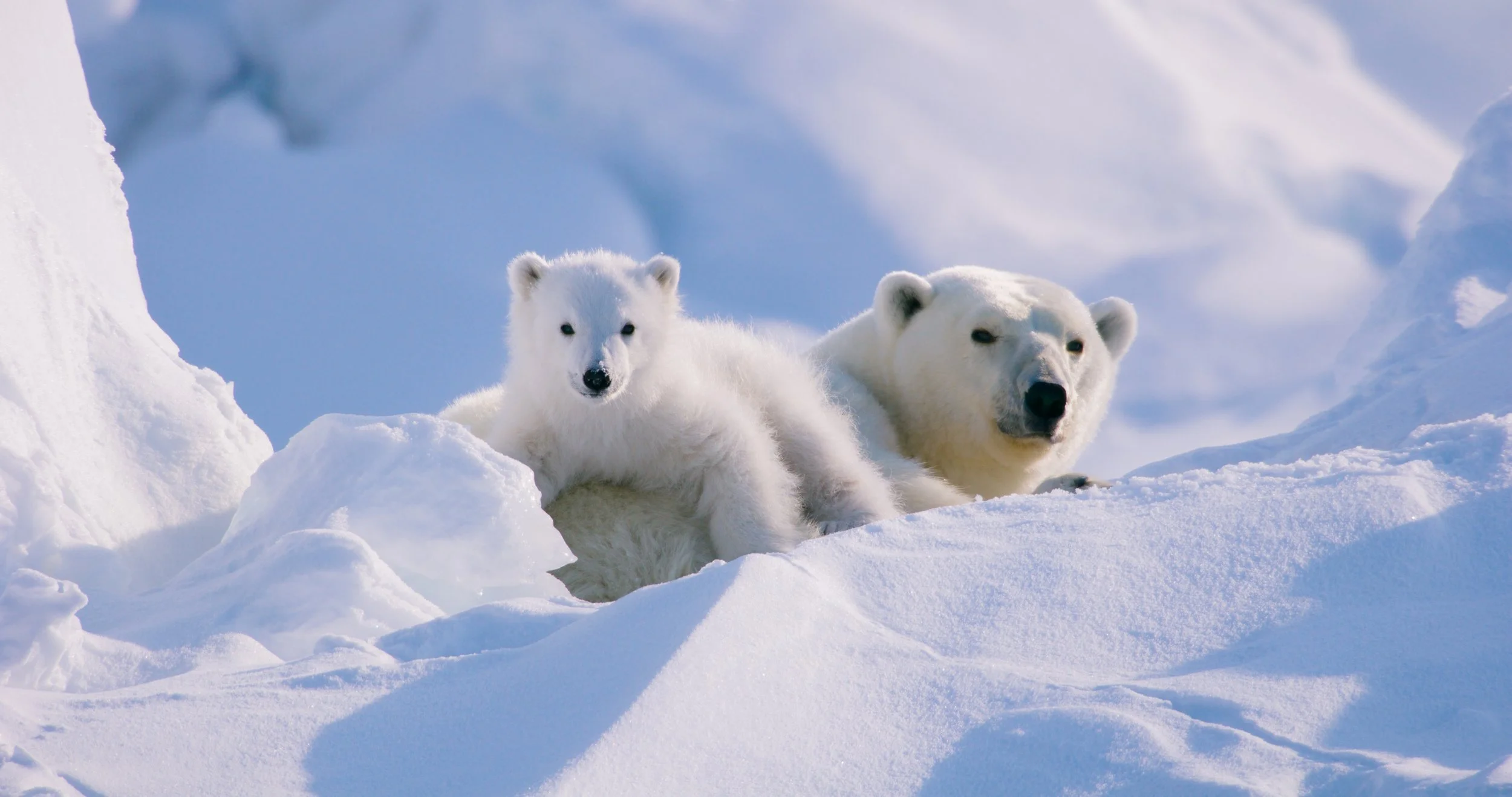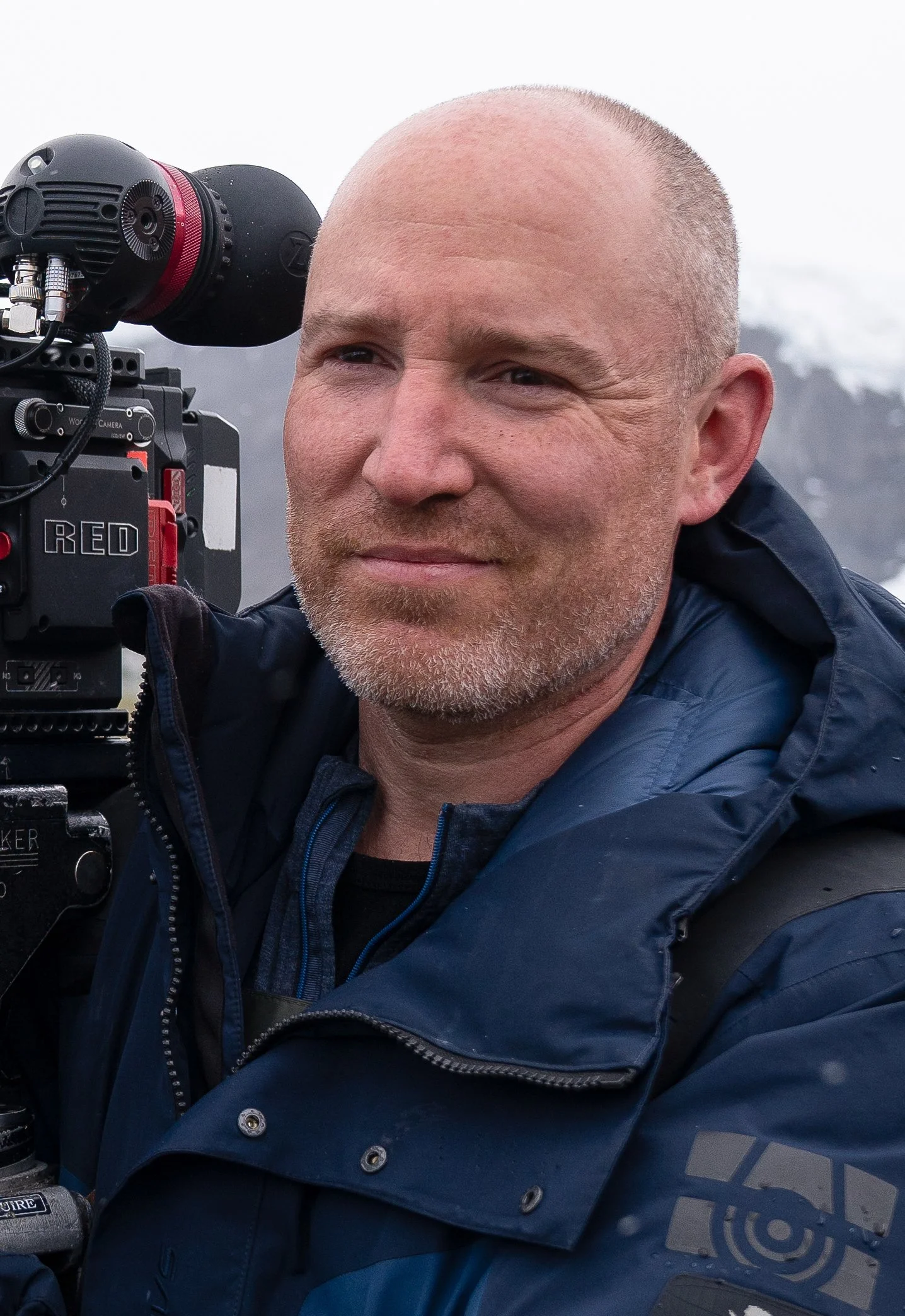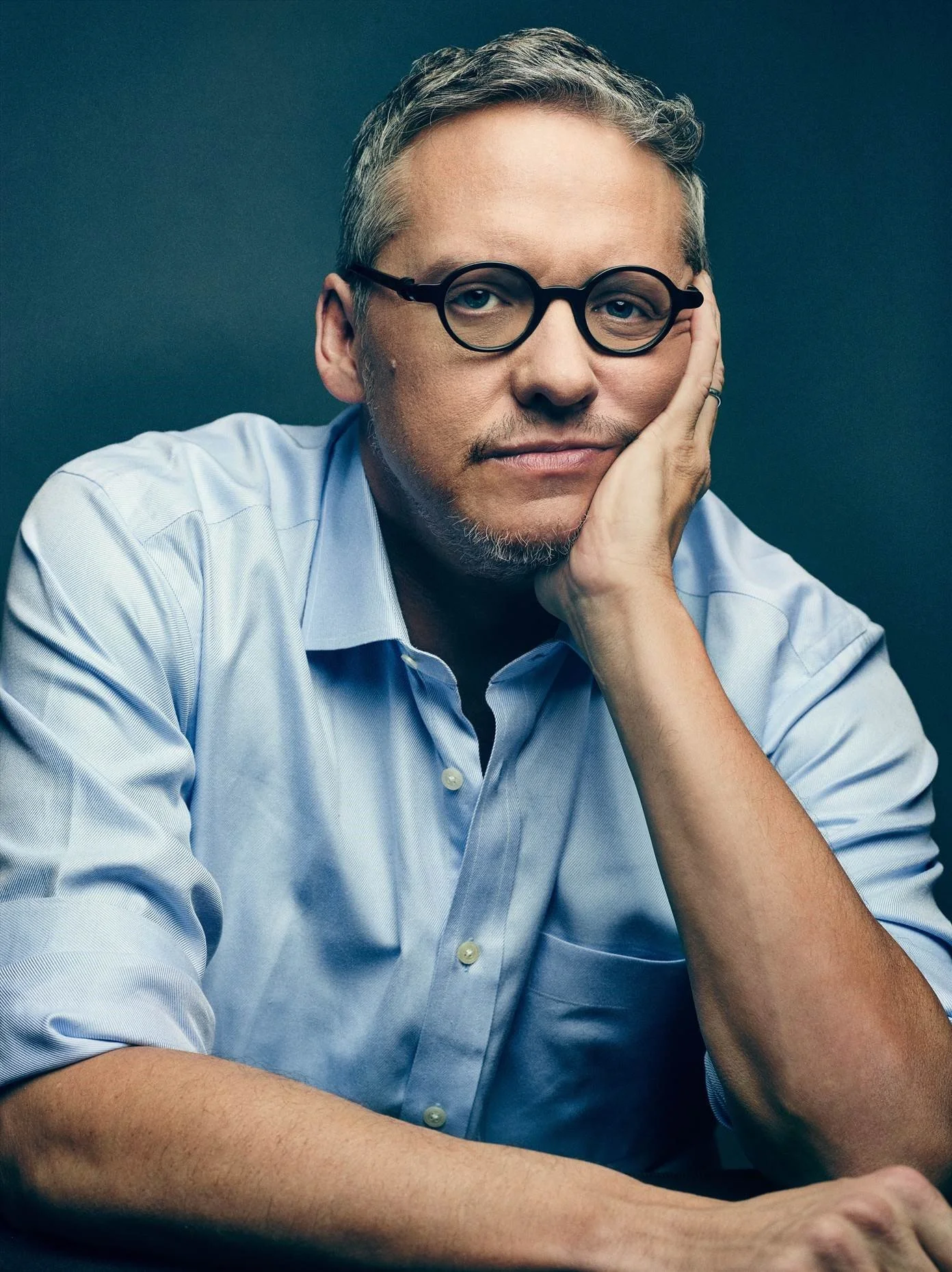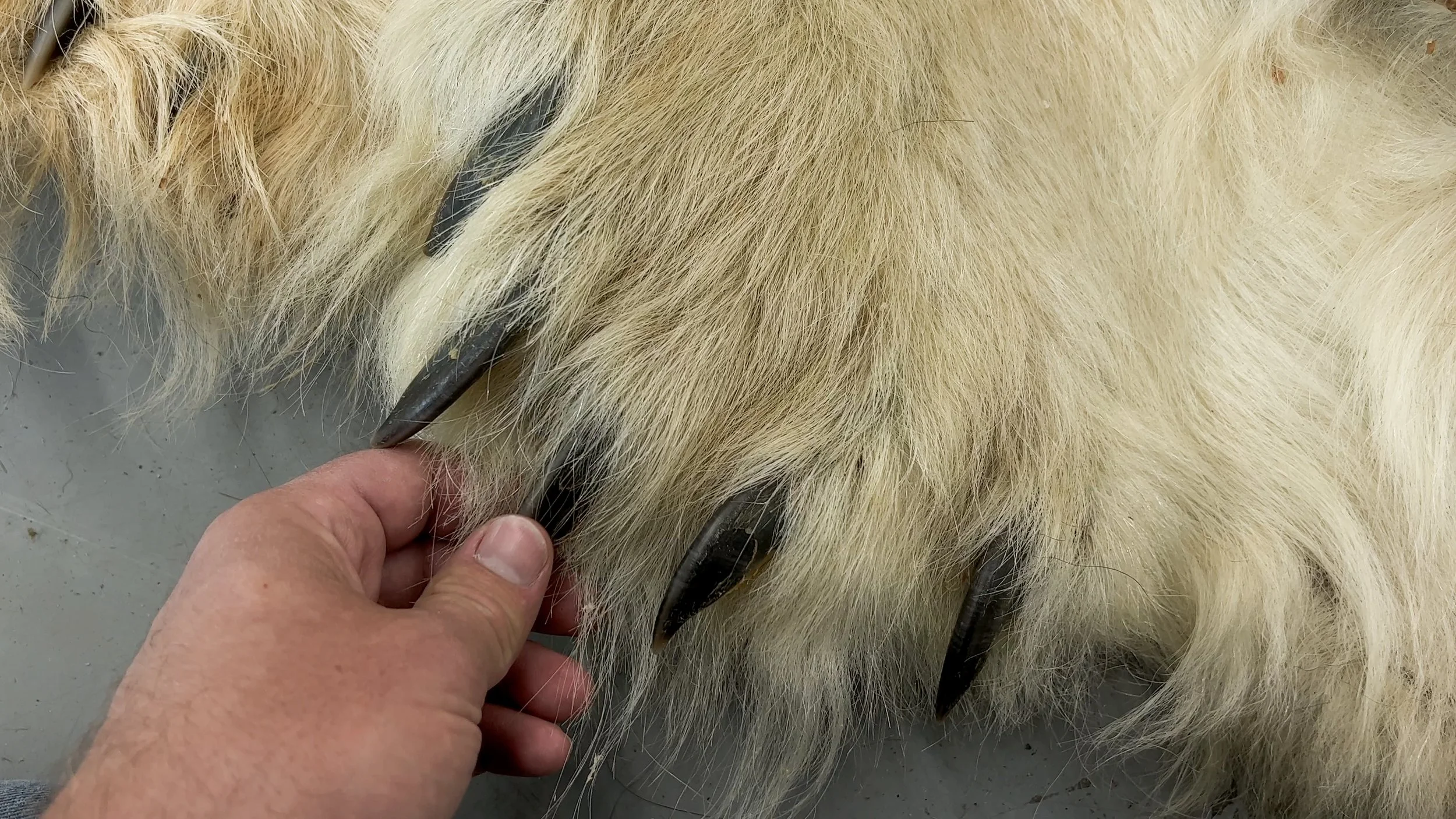Dr. Adam Cruise is an investigative environmental journalist, author, and academic who has spent more than two decades uncovering the hidden forces driving the global wildlife trade. A recognised authority on CITES, he is the only journalist to have attended every committee meeting and conference since 2015, contributing to successful campaigns that secured stronger protections for imperiled species. In July 2015, Adam broke the global story of Cecil the Lion’s killing by a trophy hunter in Zimbabwe. His article was the first published worldwide, sparking international outrage and igniting a global debate on trophy hunting and wildlife ethics. Four years later, he and journalist Christina Russo exposed Zimbabwe’s secret capture and export of baby elephants to China, with investigations published in The Guardian and National Geographic. Their work, backed by video and photographic evidence, helped secure a global CITES ban on exporting African elephants from the continent - and earned them journalism awards from the National Press Club and the Humane Society of the United States. Holding a PhD in Philosophy with a focus on environmental ethics, he is also the founder of Endangered Wildlife Investigations (EWI), an independent agency conducting field investigations, undercover operations, and policy analysis to expose the uncomfortable truths behind wildlife exploitation.
Iris Ho is a leading wildlife advocate and expert on the Convention on International Trade in Endangered Species of Wild Fauna and Flora (CITES). She has long championed stronger protections for polar bears, including advocating for a complete ban on their international commercial trade at the 2013 CITES Conference of the Parties. She has personally documented polar bear skins for sale in China and Norway, and has undertaken undercover investigations in Africa to expose illegal wildlife trade. With more than 25 years of experience in policy advocacy, campaigns, international relations, animal welfare, and conservation, Iris has worked across continents to protect species such as elephants, lions, pangolins, sharks, giraffes, and African great apes. She has testified before U.S. Congress and legislatures around the world, and her work has been featured by the BBC (in a documentary narrated by Sir David Attenborough), CBS, Al Jazeera, The Washington Post, and The New York Times. A native of Taipei, Taiwan and now based in Washington, DC, Iris is currently Head of Campaigns and Policy at the Pan African Sanctuary Alliance (PASA) - the largest network of great ape and wildlife sanctuaries in Africa, representing 23 member organisations in 13 countries. She continues to collaborate with governments, NGOs, and activists globally to secure stronger protections for imperiled species.
Ole J Liodden is a Norwegian wildlife photographer, author, expedition leader, and conservationist whose work has helped redefine the conversation around polar bear conservation. Founder of the Polar Bears & Humans project, Ole has become a leading authority on the complex relationship between people and polar bears - from climate change and conflict bears to hunting, trophy hunting, and the commercial skin trade. Before becoming a full-time photographer in 2003, Ole earned a Master’s degree in Natural Resource Management, Resource Economics, and Environmental Politics from the University of Ås, Norway, with studies in Wildlife Management, Ornithology, Mammalogy, and Photography at the University of Alaska Fairbanks. His book Polar Bears & Humans is the most comprehensive documentation to date of the threats facing the species, with a particular focus on the unsustainable hunting practices in Canada that feed the international fur trade. Ole’s research and advocacy led to over two years of dialogue with the Norwegian government, culminating in the country’s scientific advisory panel recommending a halt to polar bear skin imports based on his evidence. His broader mission is to see Norway support up-listing the polar bear to CITES Appendix I, granting the species full protection from international trade.
Abraham Joffe is an award-winning director, producer, and cinematographer, renowned for his captivating visuals and compelling storytelling. He has filmed in over 50 countries across all seven continents, with credits including Netflix’s Tales by Light, Our Oceans (narrated by Barack Obama), and Big Cat Tales. He is dedicated to telling stories that explore the complex relationship between people and the natural world.
Abraham Joffe - Director/Producer
Adam McKay - Executive Producer
Adam McKay is an Academy Award-winning filmmaker and producer, best known for The Big Short, Don’t Look Up, and HBO’s Succession. Beyond his acclaimed work in film and television, he is dedicated to tackling the climate crisis and exposing the moral corruption at the heart of global power systems, using storytelling as a catalyst for change. His films have sparked global debate and cemented his reputation as one of the most influential voices in contemporary cinema.
-
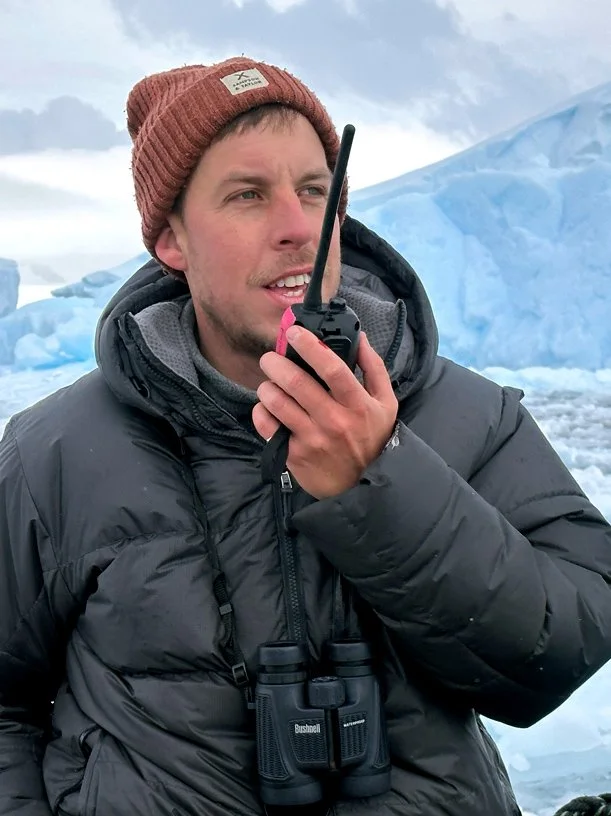
Louis Cooper Robinson
PRODUCER
Louis Cooper Robinson is a documentary producer with 15 years’ experience focusing on natural history and human interest stories. With previous credits including Netflix’s Our Oceans, Tales by Light (Netflix) and Big Cat Tales (Discovery). He launched his career in London as a location scout on TVCs and major feature films such as Kick Ass 2 and Tom Hooper’s Academy Award nominated The Danish Girl. -

Dom West ACS
PRODUCER, DP
Dom West ACS is an award-winning filmmaker best known for Tales by Light (Netflix), Big Cat Tales (Discovery), and Netflix’s Our Living World and Our Oceans. Over the past decade, he has filmed in some of the world’s most remote environments, bringing a distinctive eye and deep respect for the natural world. His work on Trade Secret unified footage across 9 countries into a powerful, cohesive visual narrative. -
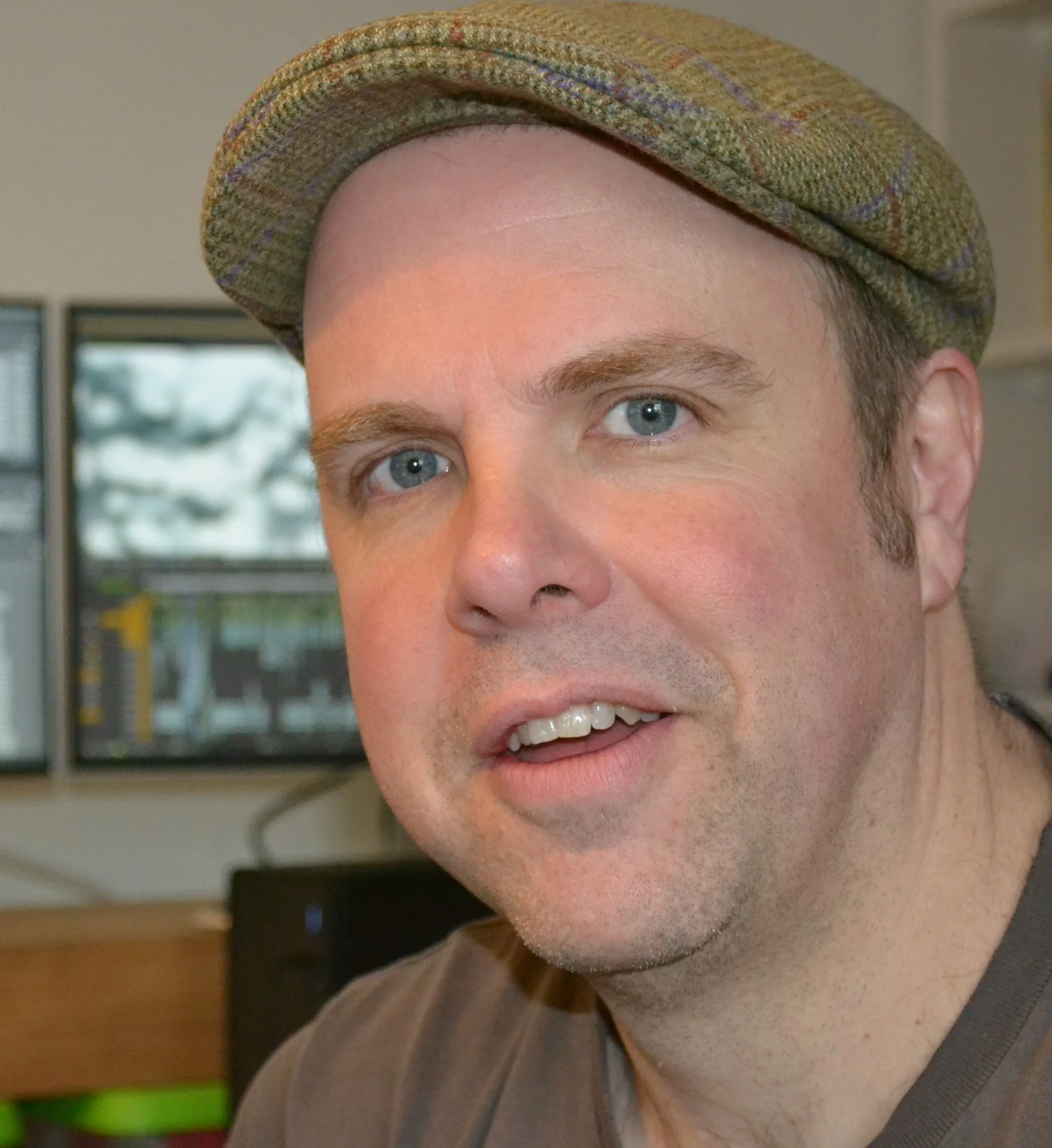
Nico Bee
FIILM EDITOR
Nico Bee is an award-winning documentary film editor with over 25 years of experience collaborating with major streamers on shows such as BBC’s Asia and Earth From Space and Apple TV+’s Earth at Night in Colour. His work spans historical testimony, investigative exposés, wildlife and sports films, and political portraits, always driven by the challenge of shaping compelling stories from vast amounts of footage. -

Jesse Watt
ORIGINAL SCORE
Jesse Watt is a multi-award-winning composer and multi-instrumentalist, renowned for his passion for musical storytelling. His work spans film, television, and multi-sensory projects, with credits including Balentes, Netflix’s Tales by Light, SBS’s It Takes a Village and The White Mountain feature doc. He has written scores for acclaimed documentaries and over 160 global brands, from Nike to Apple.
-

Sarah Beard
IMPACT PRODUCER
Sarah is a documentary and impact producer with over 30 years’ experience delivering high-profile projects to global audiences. She recently led the impact campaign for the Australian rollout of OCEAN with David Attenborough. Her previous credits include the award-winning ocean conservation film BLUE, Sea Lions – Life by a Whisker (IMAX) and Secrets of the Octopus with exec producer James Cameron.
Director’s Statement:
It was during an Arctic trip in 2013 that I first heard about the legal international trade in polar bear skins. I was shocked - not only that it existed, but that so few people, even within conservation, seemed to know. The polar bear is arguably the most symbolic species of our time - how could their commodification be quietly sanctioned by law?
The idea stuck with me for years. But it wasn’t until I met Ole, Iris, and Adam - each on their own path to protect polar bears - that the story really came into focus. It was no longer just about the existence of the trade - it was about complicity. About systems. About what happens when conservation becomes a cover for commerce.
What began as a quiet investigation grew into a six-year journey across nine countries, uncovering a trade more extensive and protected than I could have imagined. One of the most jarring revelations came when Ole discovered that his own country, Norway - where polar bear hunting has been banned for nearly 50 years - was the second-largest importer of polar bear skins in the world. That contradiction became a turning point, both for him and for the direction of the film.
We worked hard to gain access to closed-door policy summits, trophy hunting conventions, fur auction houses, and hidden salesrooms. What we documented was a world few have ever seen - and one I suspect many will struggle to believe. What we uncovered wasn’t happening in rogue states - it was happening in countries celebrated for their environmental leadership.
It’s this contradiction that sits at the heart of Trade Secret.
At its core, this is not just a film about polar bears. It’s about what happens when trust in environmental institutions begins to erode - when policies are manipulated, and when sustainability becomes a shield for exploitation. It’s about the uneasy truth that the biggest threats to nature don’t always come from poachers or black-market traders - but from those enabling the continuation of so-called “sustainable use.”
We knew the subject would be confronting - but we didn’t set out to make a controversial film. The revelations came slowly, in documents, interviews, and hard-won conversations. From the start, we felt a responsibility to let the evidence guide the film - not the other way around.
I remain in awe of Adam, Iris, and Ole - their clarity, courage, and refusal to look away. My hope is that their determination inspires others to take on missions of their own. Because I think real change rarely starts with institutions - it starts with individuals.
While the polar bear is at the centre of this story, Trade Secret aims to spark urgent conversations about how vulnerable species are being left exposed - at a time when they need every possible protection.
Abraham Joffe
Director Trade Secret
